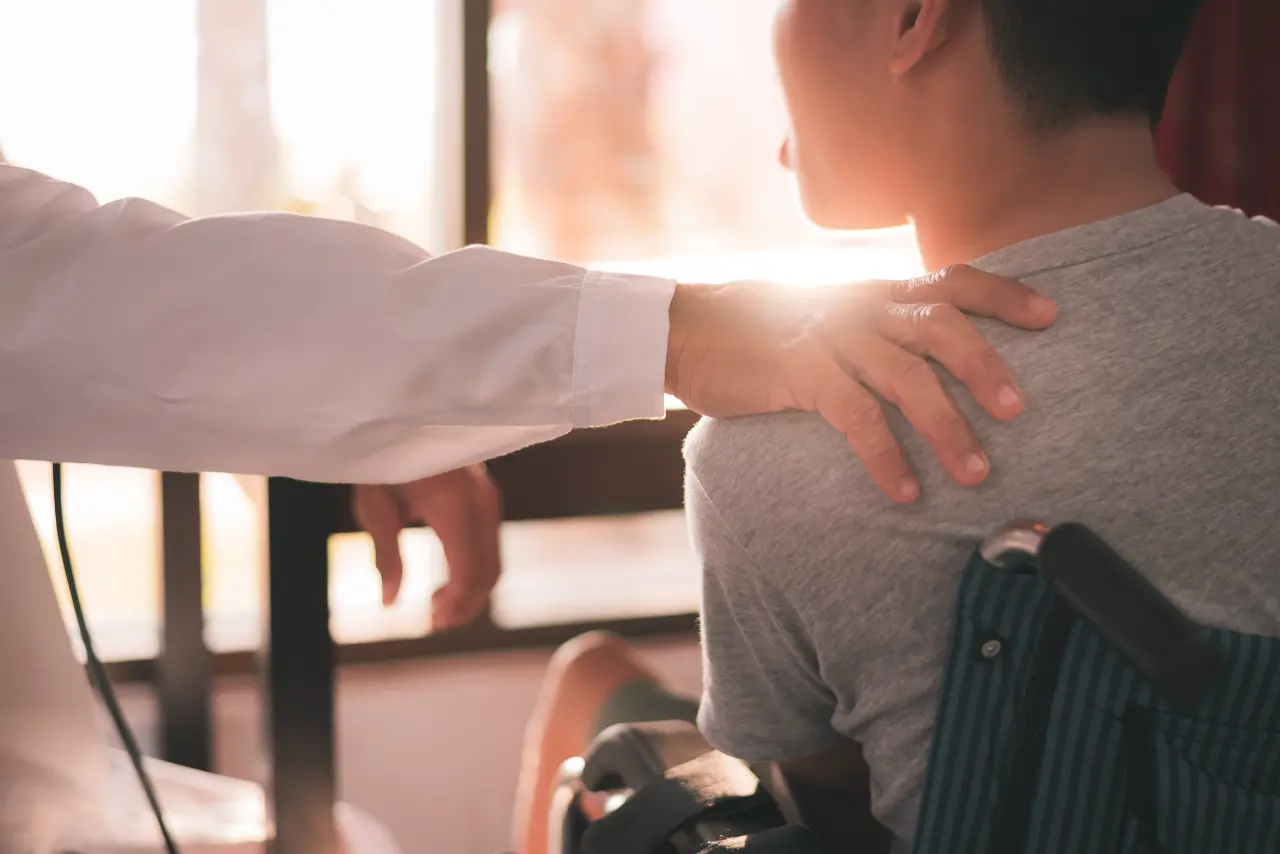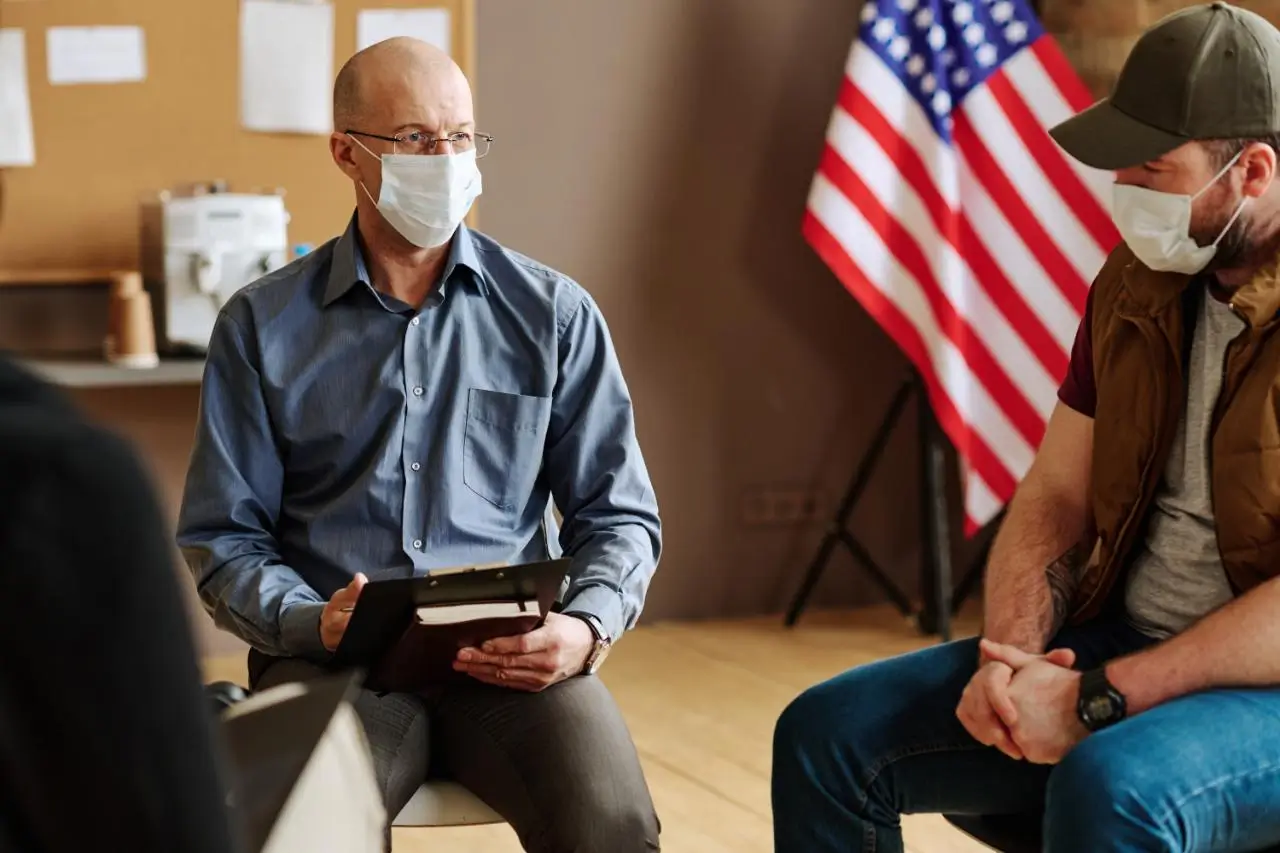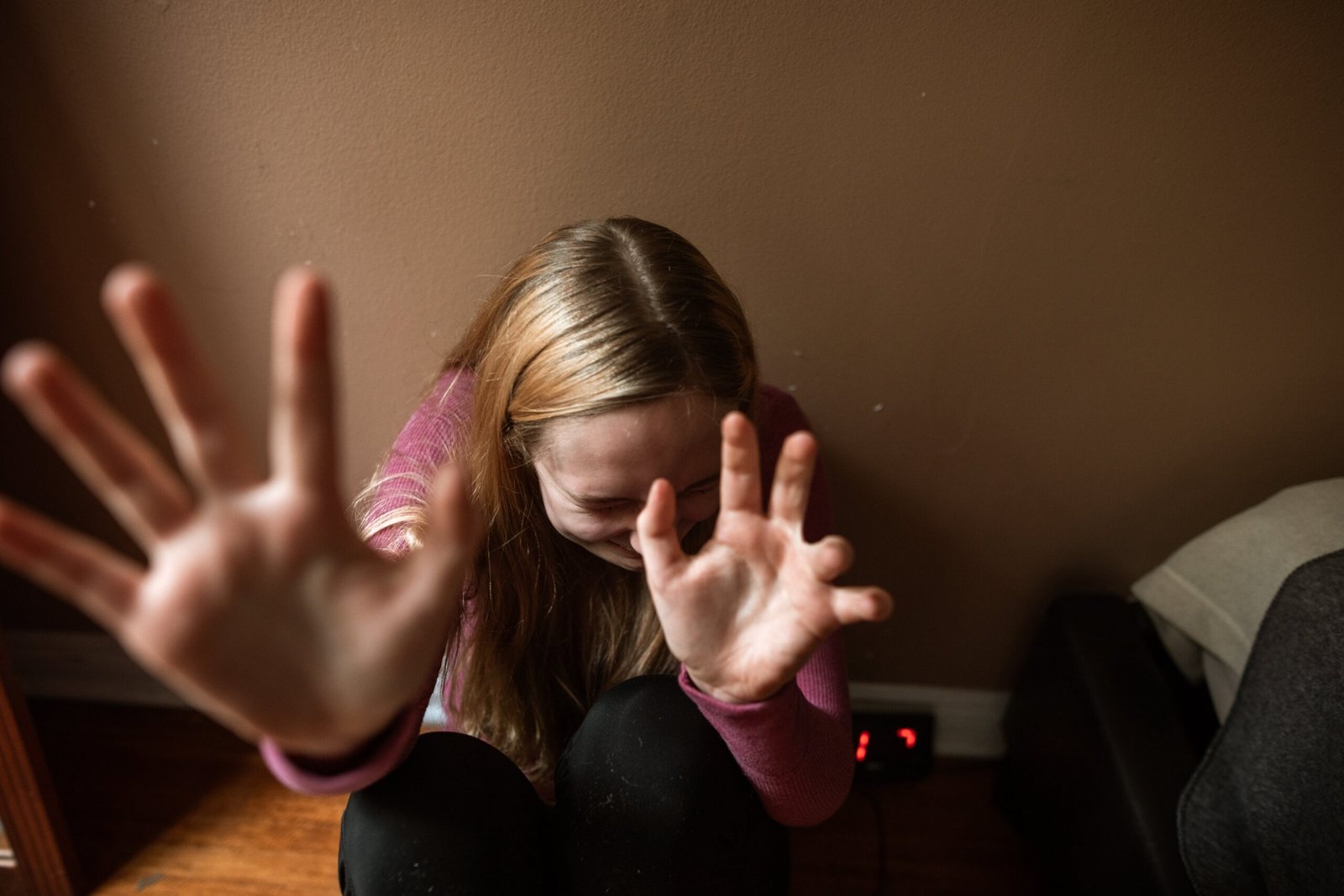Trauma
Trauma is a complex and multifaceted experience. It can stem from various sources and manifest in different ways.
Understanding trauma is crucial for healing. It helps us recognize its impact on our lives and the lives of those around us.
This article aims to provide a comprehensive overview of trauma. We’ll delve into its causes, effects, and the journey towards recovery.
Whether you’re seeking to understand your own experiences or support a loved one, this guide offers valuable insights. It’s a step towards healing trauma and reclaiming control over one’s life.
Understanding Trauma
Trauma is a response to deeply distressing events. It overwhelms an individual’s ability to cope, causing feelings of helplessness.
It can disrupt one’s sense of safety and security. This often leads to lasting emotional, psychological, and physical effects.
Types of Trauma
There are various types of trauma. These include physical, emotional, and psychological trauma.
- Physical trauma refers to injuries to the body.
- Emotional and psychological trauma involve injuries to the mind or spirit.
Each type of trauma can have profound effects on an individual’s well-being.
Common Causes of Trauma
Trauma can result from a wide range of events. These include accidents, natural disasters, and acts of violence.
Personal loss, such as the death of a loved one, can also lead to trauma. So can experiences of abuse or neglect.
Understanding the causes of trauma is a crucial step towards healing. It helps us recognize and validate our experiences.
The Impact of Trauma
The impact of trauma extends beyond the immediate event. It can have long-lasting effects on an individual’s life.
Trauma can disrupt daily functioning. It can affect one’s ability to work, maintain relationships, and engage in social activities.
Moreover, trauma can lead to serious mental health conditions. These include Post-Traumatic Stress Disorder (PTSD), depression, and anxiety disorders.
Trauma and the Brain
Trauma can have a significant impact on the brain. It can trigger the fight-or-flight response, a survival mechanism.
This response can lead to changes in brain function. It can affect memory, concentration, and emotional regulation.
Understanding the brain’s response to trauma can help in the healing process. It can guide therapeutic interventions and self-care practices.
Physical and Emotional Symptoms
Trauma can manifest in various physical and emotional symptoms. These can include:
- Flashbacks or intrusive thoughts about the traumatic event.
- Feelings of anxiety and fear.
- Depression and feelings of hopelessness.
- Difficulty sleeping or nightmares.
Recognizing these symptoms is crucial. It can help individuals seek appropriate help and start their journey towards healing trauma.
Pathways to Healing Trauma
Healing from trauma is a unique journey for each individual. It often involves a combination of therapeutic approaches and self-care practices.
The goal of trauma recovery is not just to eliminate symptoms. It’s about regaining control and finding a new sense of normalcy.
It’s important to remember that healing takes time. Patience and self-compassion are key components of the recovery process.
Therapeutic Approaches
There are various therapeutic approaches for trauma recovery. Cognitive-behavioral therapy (CBT) is one common method.
Eye Movement Desensitization and Reprocessing (EMDR) is another approach. It’s specifically designed for trauma recovery.
Somatic experiencing is a body-focused therapy. It helps individuals release the physical tension associated with trauma.
Self-Care and Resilience
Self-care plays a crucial role in trauma recovery. It involves taking care of physical health, practicing mindfulness, and maintaining healthy sleep habits.
Resilience is another important aspect of healing. Factors that contribute to resilience include:
- A strong support system.
- Positive coping mechanisms.
- The ability to seek help when needed.
Building resilience can help individuals navigate the challenges of trauma recovery. It can foster growth and positive change following trauma.
Seeking Help and Support
Recognizing when professional help is needed is crucial in trauma recovery. If symptoms persist or worsen, it may be time to seek therapy.
Support systems play a significant role in healing. This can include friends, family, or support groups.
Remember, it’s okay to ask for help. Healing is a journey, and you don’t have to walk it alone.



















